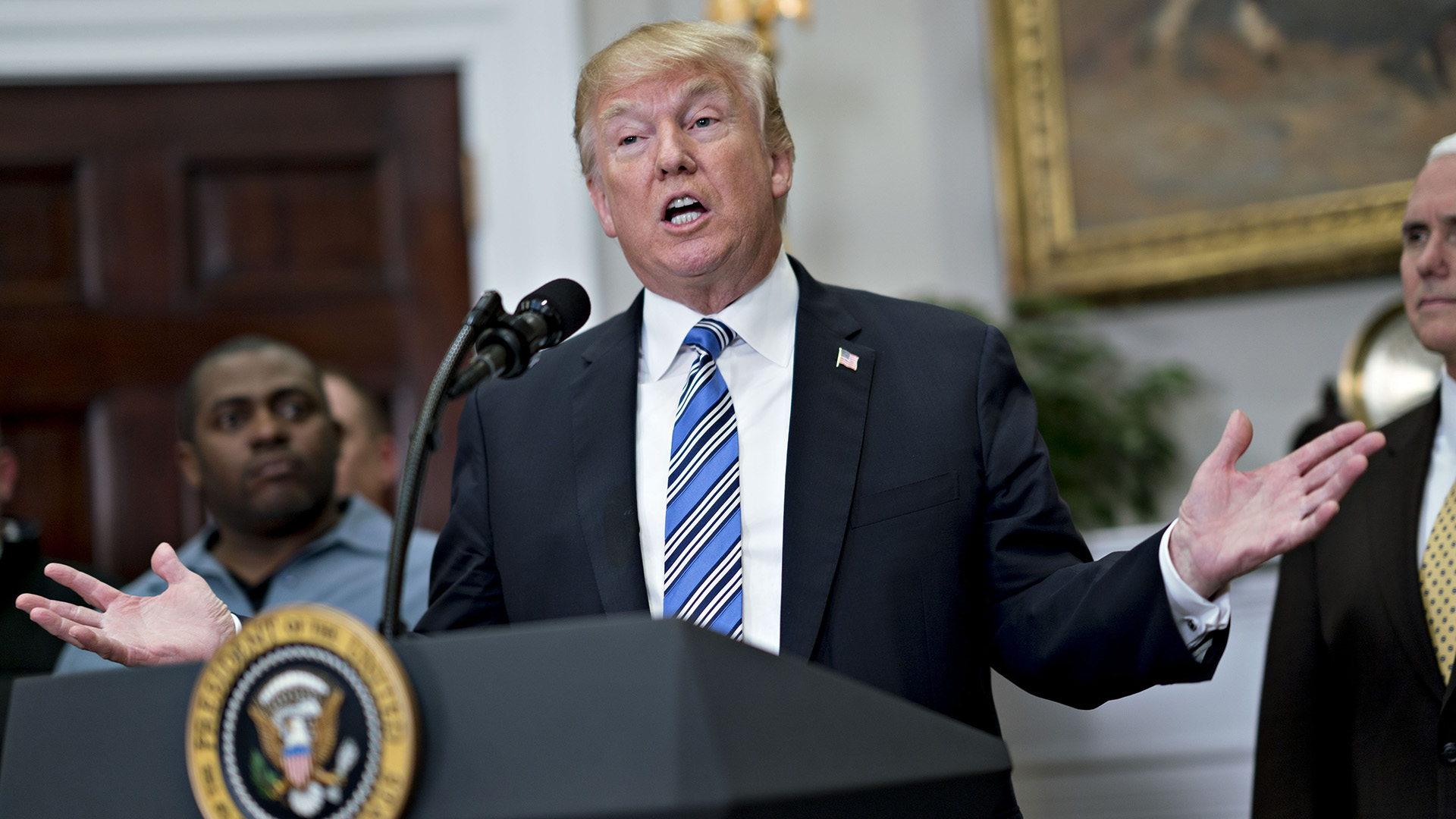

The Trump administration will postpone consideration of imposing additional tariffs on the auto industry for the time being, according to a report from Bloomberg. The decision comes after U.S. President Donald Trump met with top trade advisors on Tuesday to discuss the impact of foreign auto imports, deeming that the government was not yet ready to act at this time.
Discussion during the meeting focused around the investigation more widely known as the Commerce probe, which studied the impact of foreign auto trade on national security. Individuals who are reportedly familiar with the matter say that the U.S. is simply not ready to impose additional tariffs under Section 232, however, that may change in February when Commerce Secretary Wilbur Ross must deliver a final report to the White House on the department’s findings.
Earlier this year, the administration imposed a 25 percent import tariff on foreign-produced steel and a 10 percent tariff on aluminum. Accompanying the increased duty fees for foreign metals was a threat to impose a 25 percent tariff on all vehicles imported to the United States. Coupled with ongoing trade tensions, China met the threats with forceful pushback after strong-handing the imposition of retaliation tariffs. Ultimately, the higher duty fees caused some automakers to raise MSRP due to increased import costs.
As a whole, tariff talks have been at a stalemate since the summer. In July, European Commission president Jean-Claude Juncker visited the White House where an agreement was made to “keep agreeing” on the state of auto tariffs, levying no change to policy. Likewise, in September, Trump met with Japanese Prime Minister Shinzo Abe to discuss trade, noting that Trump would, again, not move forward with the imposition of additional tariffs at that time. This allowed Japan to breathe a breath of fresh air for its economy, as the United States is responsible for more than 40 percent of all Japanese automobile exports.
In October, the administration drafted the United States-Mexico-Canada Agreement (USMCA), which, as the name implies, is a trade agreement between Canada, Mexico, and the United States. The agreement was created as a replacement to aging trade agreement NAFTA and outlines more strict rules-of-origin requirements on raw materials. On the topic of global vehicle duty fees, the agreement leaves pinhole clauses for Section 232 tariffs in the form of a side-letter. Should Trump institute a global automotive import tariff of 25 percent, the USMCA would allow both Canada and Mexico to import an annual maximum of 2.6 million passenger cars to the United States without paying any additional tariffs while pickup trucks would be exempted entirely.
The auto industry has been largely against the decision to impose a global tariff increase; threats of retaliation tariffs have both domestic and foreign automakers concerned over the future of vehicle sales. Some research firms estimate that the increase could cost as many as 715,000 American jobs.
After being delivered the final Commerce report, Trump will have up to 90 days to decide on what action, if any, is taken; this brings the approximate deadline for enacting tariffs based on the Commerce probe to April. For now, the trade will continue as status quo.